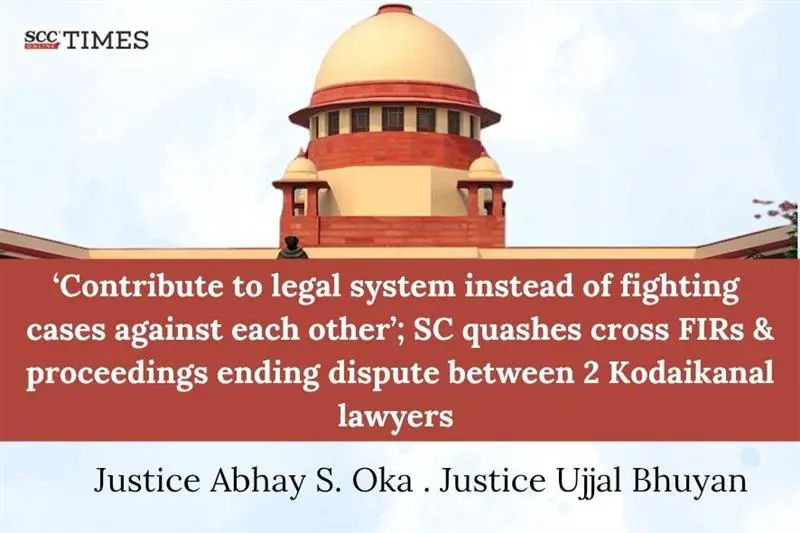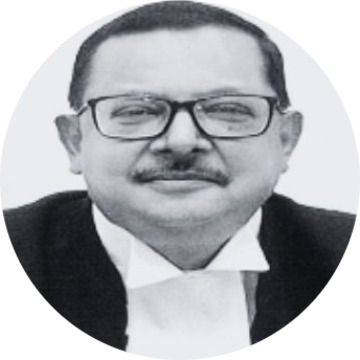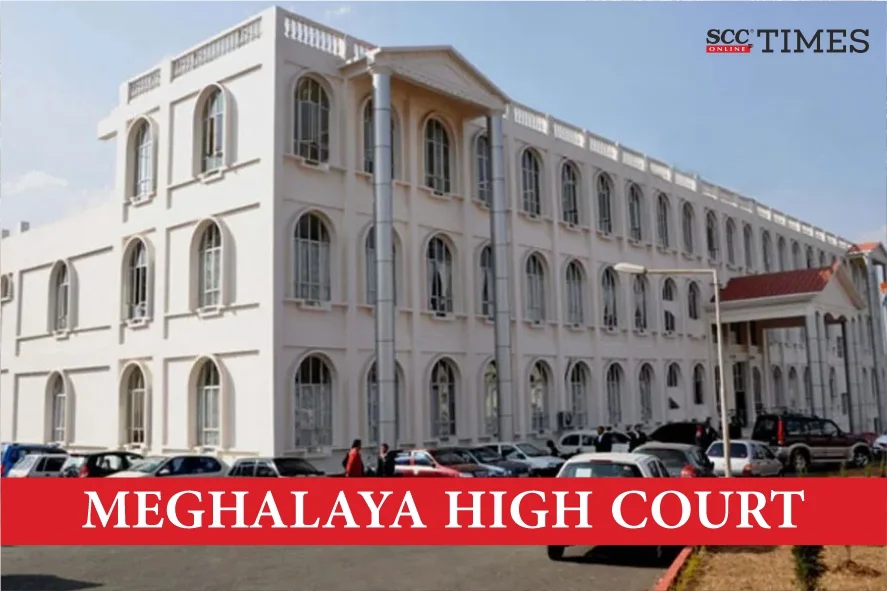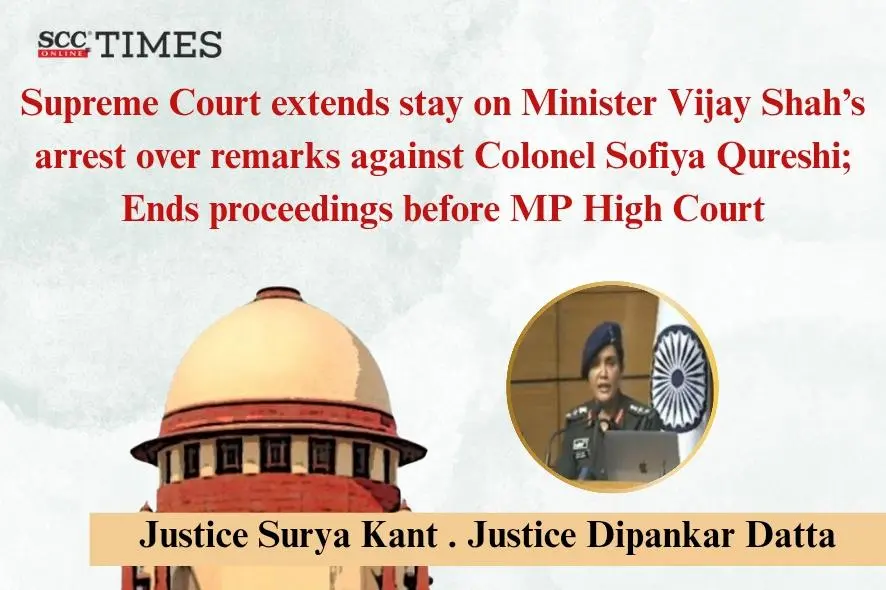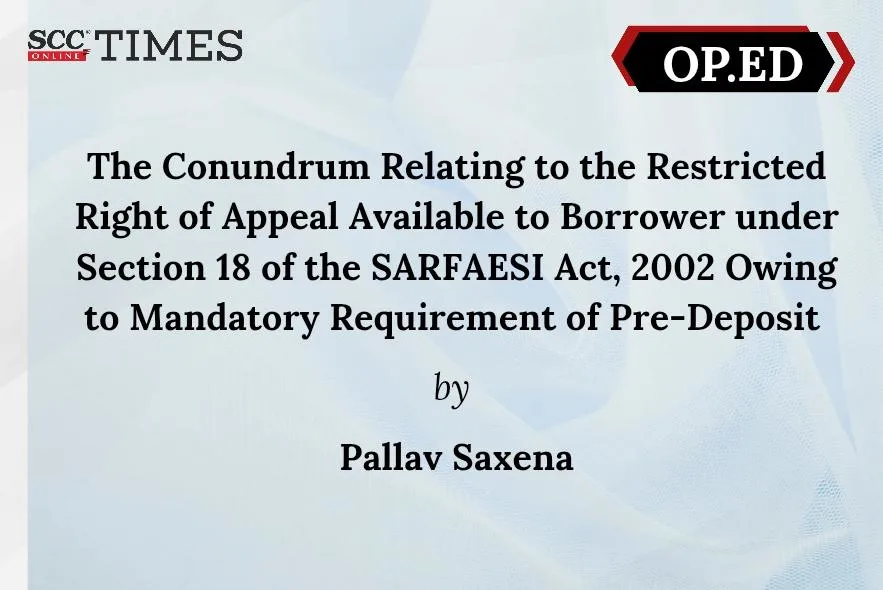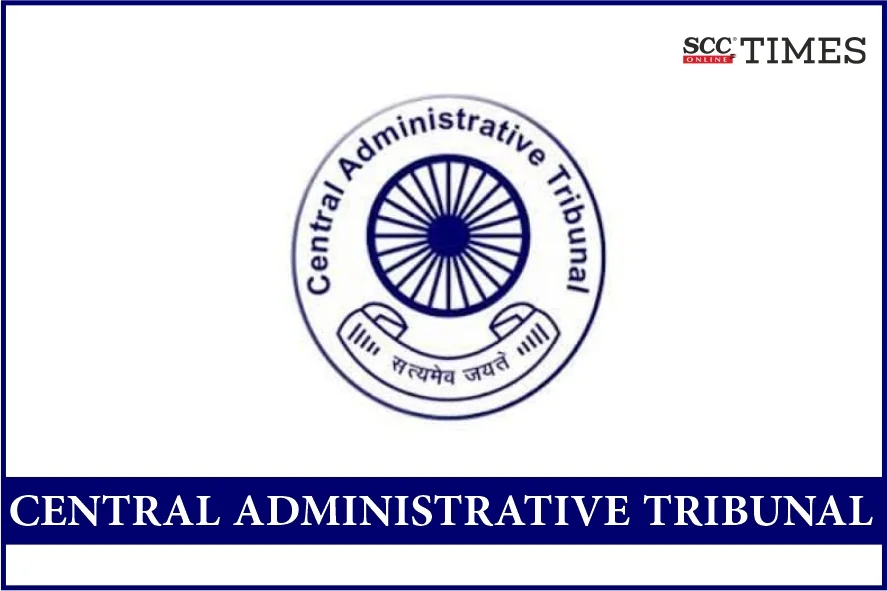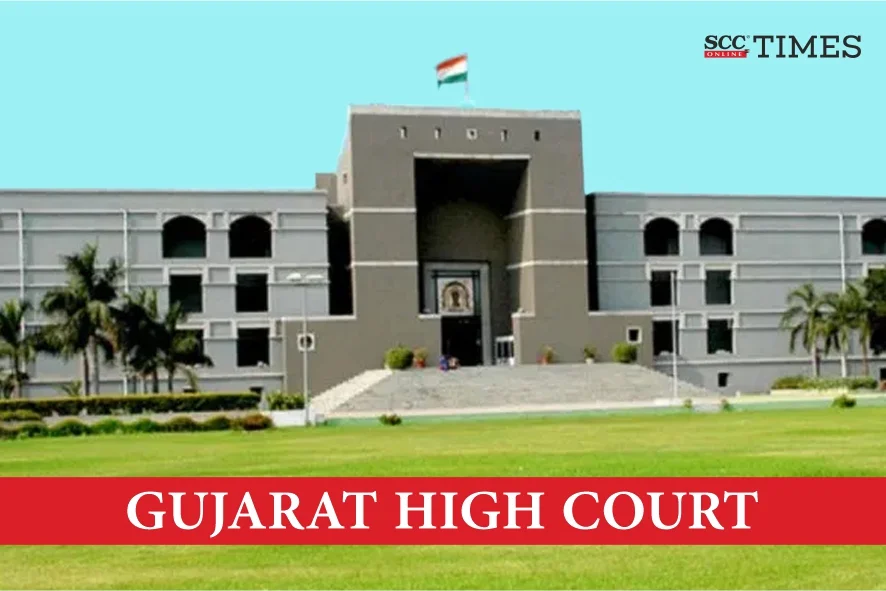Supreme Court: In a criminal appeal against the Madras High Court dismissing the plea for quashment of criminal proceedings in a matter arising from a dispute between two advocates, practicing in the Courts at Kodaikanal, the Division Bench of Abhay S. Oka* and Ujjal Bhuyan, JJ. allowed the appeal and quashed the FIR and impugned proceedings.
Background
The present appellants are a father and son duo, who were allegedly assaulted by the second respondent/ accused and two other persons. The first appellant registered a First Information Report (‘FIR’) for offence under Sections 294(b), 323 and 506(1) of the Penal Code, 1860 (IPC) alleging that the fight arose between him and the accused person on account of a past altercation in the Kodaikanal Court. The present appeal relates to the second FIR, which the accused person registered regarding the same incident. It was alleged therein that when the accused person was standing near the Kodaikanal Lake, the first appellant came there and abused him with filthy words and started verbally arguing with him. Thereafter, he called the second appellant on the phone, and both of them abused him with foul language. They also threatened him, stating that since he belonged to another city, he should leave this city or they would kill him. The second respondent filed a protest petition, on which cognizance was taken by the Judicial Magistrate at Kodaikanal. The appellants filed a petition before the High Court for quashing the criminal proceedings before the Judicial Magistrate. By the impugned judgment, the High Court dismissed the petition.
In terms of the Court’s order, the second respondent filed an affidavit of apology.
Analysis and Decision
The Court noted that the second FIR registered by the accused person was registered at 9 pm on the same day. Therefore, the FIR registered at the instance of the first appellant was prior in point of time by 30 minutes.
Considering that the second respondent had tendered a sincere and unconditional apology not only to the Court, but also to the first appellant, the Bar Council of Tamil Nadu, and the Kodaikanal Bar Association, the Court thought that the first appellant would reciprocate by showing grace and accept the apology tendered by the second respondent, who is his colleague in the legal profession. However, the first appellant did not do so and went to the extent of threatening the Court that in case the FIR registered against the second respondent was quashed, he would commit suicide. The Court stated that the said conduct amounted to interference with the administration of justice. It is contemptuous and unbecoming of a member of the Bar.
Later, the first appellant had filed an affidavit apologising to the Court for his conduct. The Court said that an attempt was made all along by the Court to bring about a settlement between the first appellant and the second respondent in a dispute which has been pending for more than seven years. The Court stated that “instead of fighting cases against each other, they should contribute to the legal system by representing litigants before the Court.” Pending cases may adversely affect the professional prospects of both the first appellant and the accused. The Court viewed that if ultimately both the cases go for trial, it will lead to more animosity between the first appellant and the accused. Pursuant to the appeal made by this Court, the second respondent took a reasonable stand and tendered an unconditional apology.
On the threats of suicide given by the first appellant, the Court said that action for criminal contempt must be initiated. However, the Court stated that if magnanimity is to be shown by someone, the same should be done by the persons holding the highest constitutional office. Moreover, considering that the first appellant showed repentance by tendering an unconditional apology and by giving an undertaking not to repeat such misconduct, the Court deemed it proper not to initiate any action against the first appellant.
There are cases and cases which come before the courts where we find that the litigants are not in a position to understand what is in their best interest. Even if the litigants do not understand what is in their best interest, it is the duty of the Court to deliver substantial justice.
The Court quashed both FIRs, viewing it as in the personal and professional interests of both parties that the proceedings based on them should be quashed. Consequently, the proceedings pending before the Judicial Magistrate, Kodaikanal, were quashed only as against the second respondent.
CASE DETAILS
|
Citation: Appellants : Respondents : |
Advocates who appeared in this case For Petitioner(s): For Respondent(s): |
CORAM :


